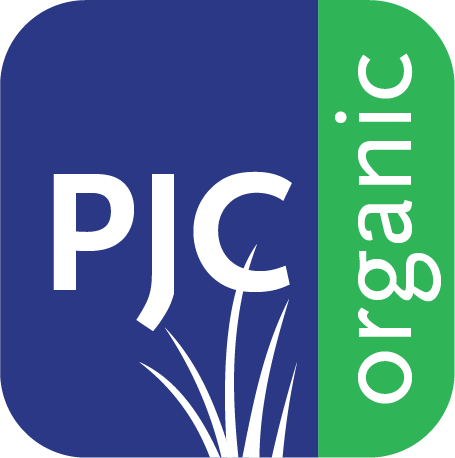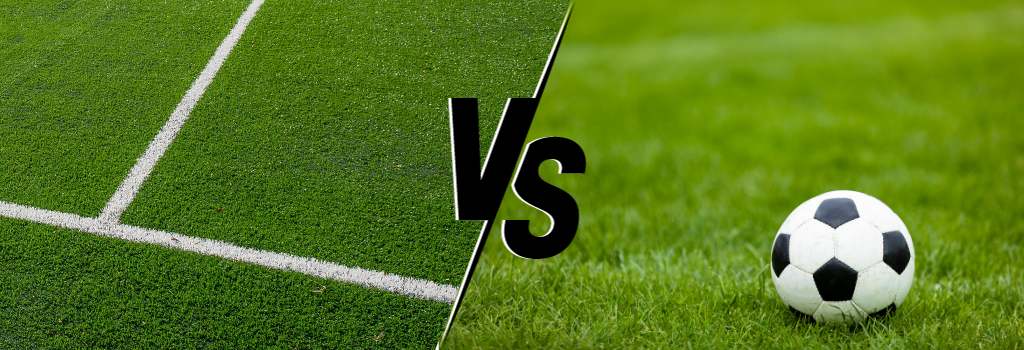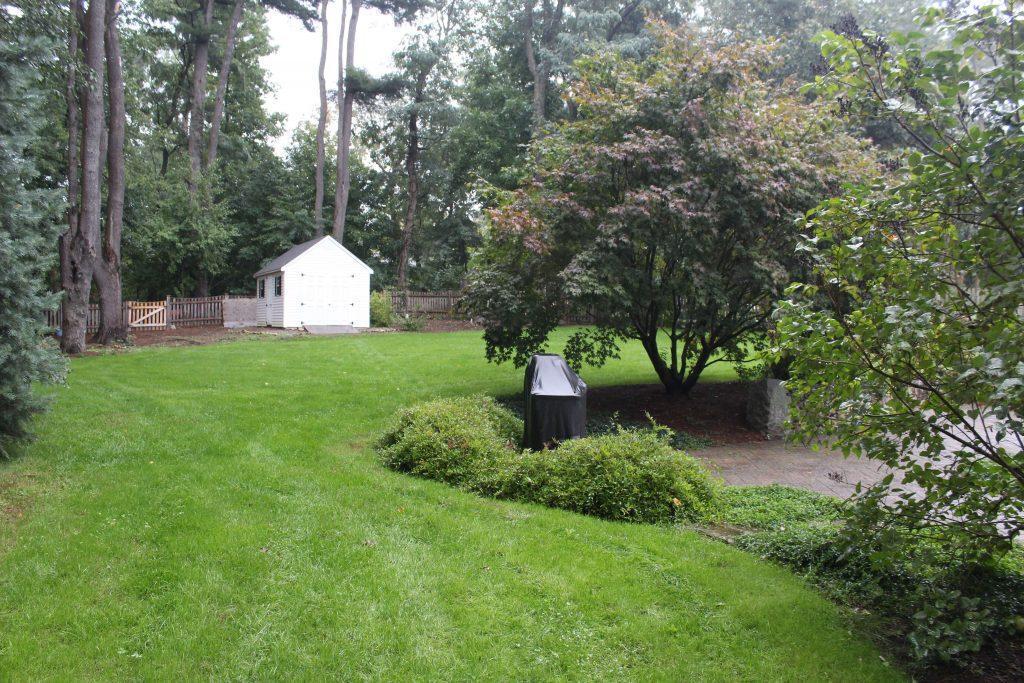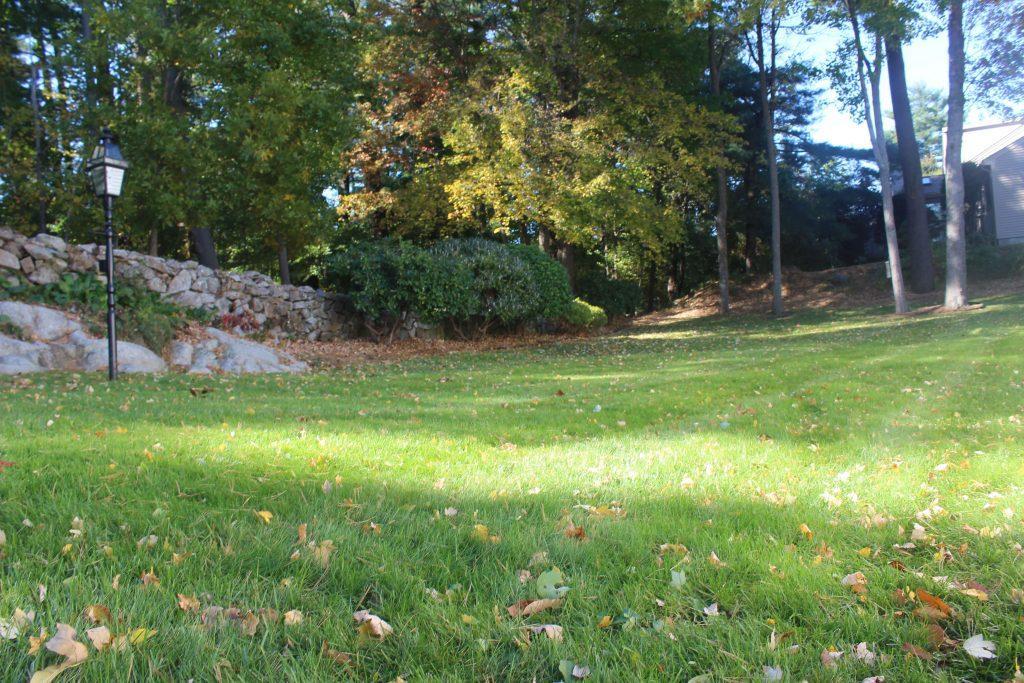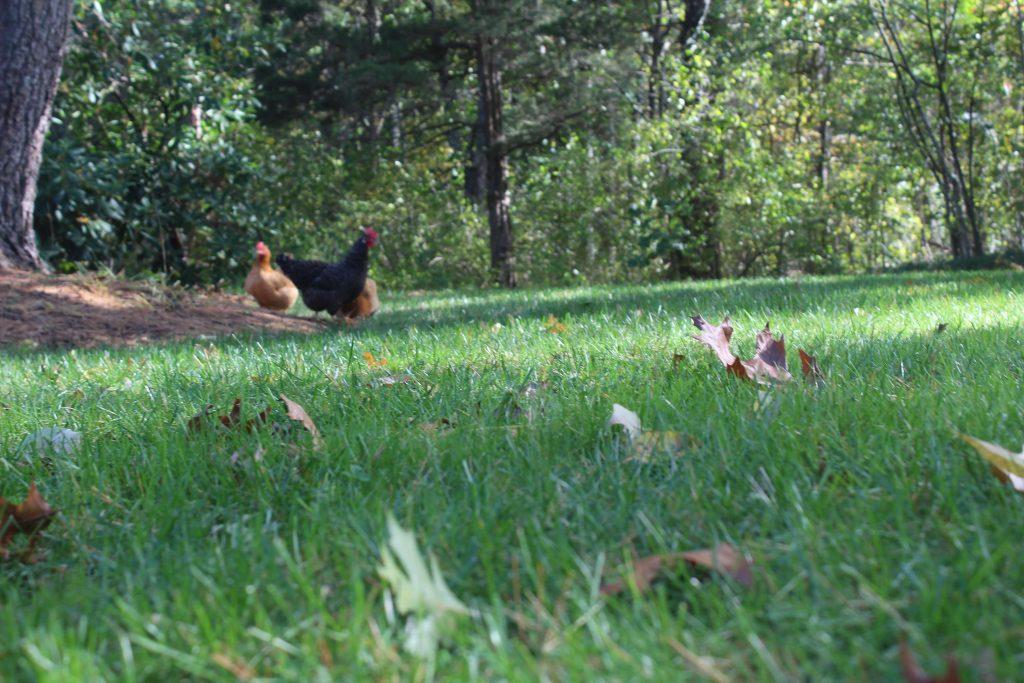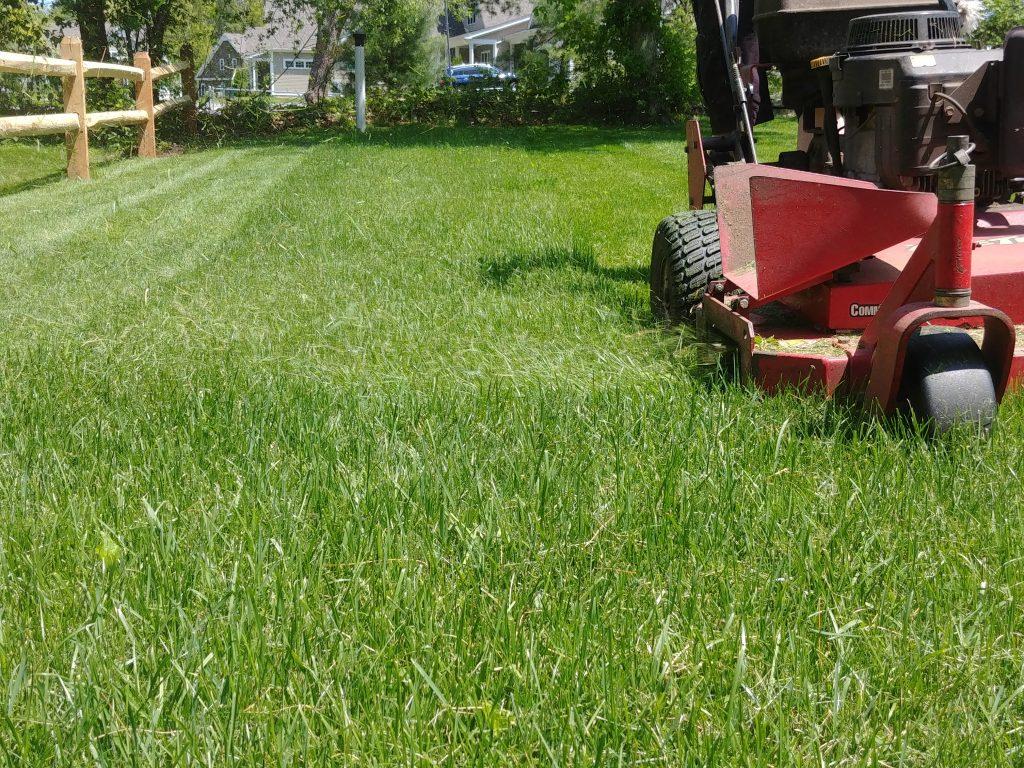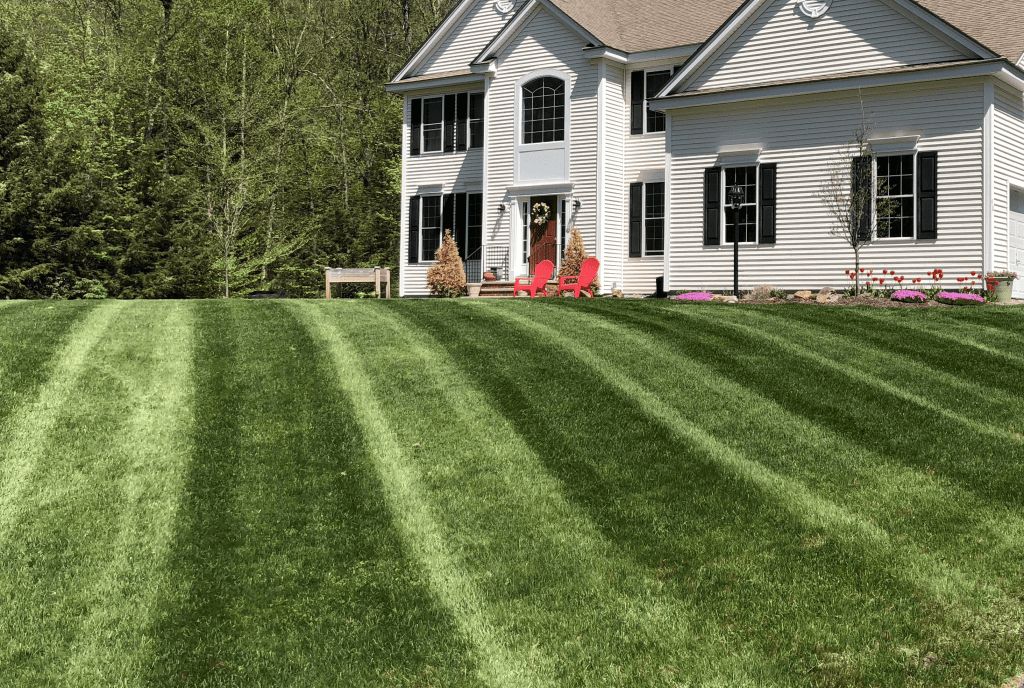An artificial turf field fails in Nashua, New Hampshire, and is closed for safety concerns. The turf field closure was announced October 2, 2024. Initially, this field was estimated to cost $850,000 to replace. In late October, “Nashua aldermen voted unanimously…to appropriate $1.5 million for the replacement of the deteriorating Stellos Stadium artificial turf” (unionleader.com). Yes…you read that right. $1,500,000.
Stellos Stadium is a field shared by teams across the Nashua School District, deemed unplayable due to sinkholes, loose turf, and uneven surfaces. This field closure has resulted in game rescheduling and relocations.
This field was installed in 2011, and was expected to last 12 years. While the field met the projected life of use, “A series of tests performed on the field as far back as 2022 indicated that the turf’s condition was gradually worsening” (unionleader.com). That shortens the life span of the turf considerably, especially since it was likely closed for 1-2 years during COVID.
Read more about Nashua NH’s field closure here.
Artificial Versus Natural Turf Fields
We get a lot of questions regarding the environmental concerns, financial costs, and player safety risks when it comes to artificial fields.
- Safety Concerns—While it may look flashy and play fast, there are significant player safety concerns associated with artificial turf. Increased exposure to injury risk, diseases, and heat pose legitimate concern. READ MORE>
- Maintenance—While an artificial field doesn’t require regular mowing, irrigation, and fertilization, there is still daily maintenance required when it’s overseen properly. Maintenance includes infill material additions, grooming, irrigation, debris removal, disinfecting, drag mats, sweeping, seam repair, snow and ice management, and testing requirements. READ MORE>
- Financial Costs—It’s a myth that synthetic fields require less maintenance, and therefore less money, than natural turf grass. We cover the financial costs of artificial fields as it pertains to upkeep and replacement. READ MORE>
- Environmental Impact—”Artificial grass kills the biome beneath it and creates dead zones where the soil no longer absorbs CO2 or stormwater”. READ MORE>
PJC’s Here To Help
Remember artificial turf field fails are not uncommon: synthetic fields are costly. Replacing your artificial field needs to be planned before it fails, and replacement costs need to be budgeted. An all-natural field would have cost well below these maintenance and replacement costs over the last 12 years.
PJC Organic provides product and support to landscapers, schools, & municipalities that want to transition from a conventional approach to an All-Natural Organic Turf Care program for the maintenance of their lawns & athletic fields. Additionally, PJC Organic is the manufacturer of ProHealthy Turf Organic Products & distributor of soil amendments. View our Product Page or Contact Us directly for more info. We’d love to chat.
